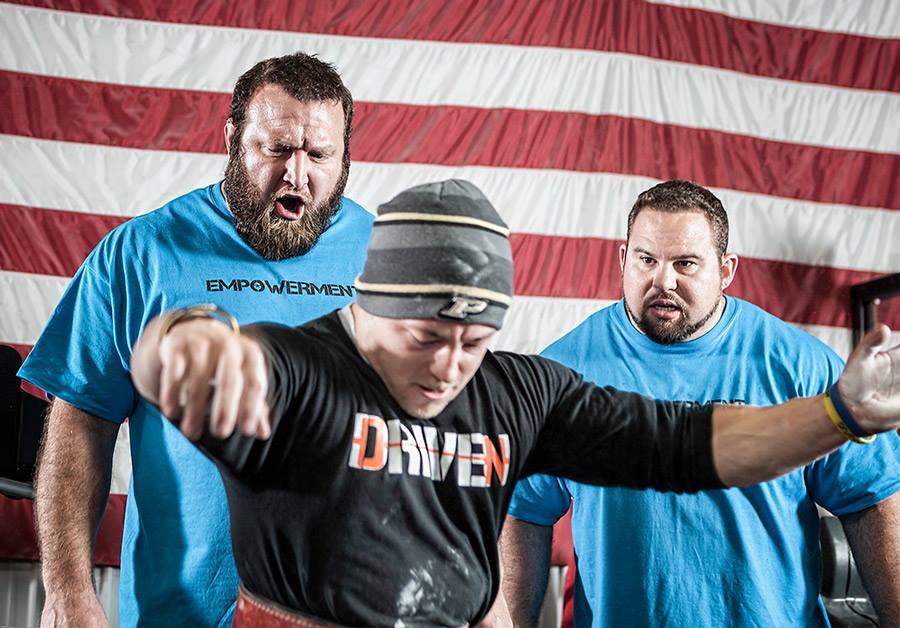
Anyone who spends any time in powerlifting will go through a rough patch. You will miss lifts you should have gotten and get mental blocks over weights. Oftentimes, the first leads actually to the second. Here is what typically happens: the lifter misses a weight. Later, when he gets into similar circumstances, he starts to think, “Oh no...here we go again. This is exactly what happened last time. I’m going to miss the weight again.” Then what does he do? He goes out and misses the weight.
You must remember that everything has its place and time. There is a time for thinking about the past, the future, and the present. Thinking about the past should be done in the proper time—when reviewing film in order to check for technical errors, when reviewing your previous training cycle in order to make the next one even better, and when looking at the occasional gear alteration. This is extremely valuable to help you look back and realize what worked, what didn’t, what exercises or schemes need to be changed, and what tweaks to your form need to be made. However, if you are in the past at the wrong time—like when you are competing—the woulda, shoulda, and couldas slip in and defeat you. The thoughts , "If I would have pointed my toes out a bit more, I could have gotten that PR," "If I would have tucked my elbows harder, I could have touched, and that would have given me the winning total," creep in to haunt you. These thoughts, in turn, lead to depression and guilt. There is a time and a place to be in the past, but that’s only those times that you are thinking right and it is helping your performance. However, thinking of the past when it’s not appropriate ends up hurting your performance.
There is also a time and a way to think about the future. When you’re looking ahead to future meets, when you are trying out equipment alterations in training, when you are trying new lifting techniques many weeks out from a meet, and when you’re planning the route to take for the next year—these are all times to think about the future. When you think about the future at an inopportune time, you are thinking in "what ifs," and this leads to anxiety and self doubt. When you are getting ready to take the platform, you should be getting focused for the task at hand. You should not be thinking, “What if he looks at this stitching on my thigh seam and thinks I’m not at depth? What if I get a long pause? What if I did the wrong assistance exercises?” The anxiety of what might happen is overpowering, and it can make a coward out of a lion.
Now, remember back to thinking right and thought stoppage. Right thoughts help performance, right? Wrong thoughts, on the other hand, hurt performance. You also can only think one thought at a time. So, if you are having thoughts that you don’t want to have, all you have to do is stop that thought and replace it with a different thought. You must replace it with a positive thought—a performance-enhancing thought.
Like it says in the Bible, there is a time and place for everything. A time for work, a time for rest, a time for war, and a time for peace. The important thing, however, is to know when the right time is for what thing. Think of the past when it’s time to think of the past. Think of the future when it’s time to think of the future. But when you are competing, it is time to think in the now. Be fully present and engaged in the moment and you will undoubtedly hit your best performance for that day.









